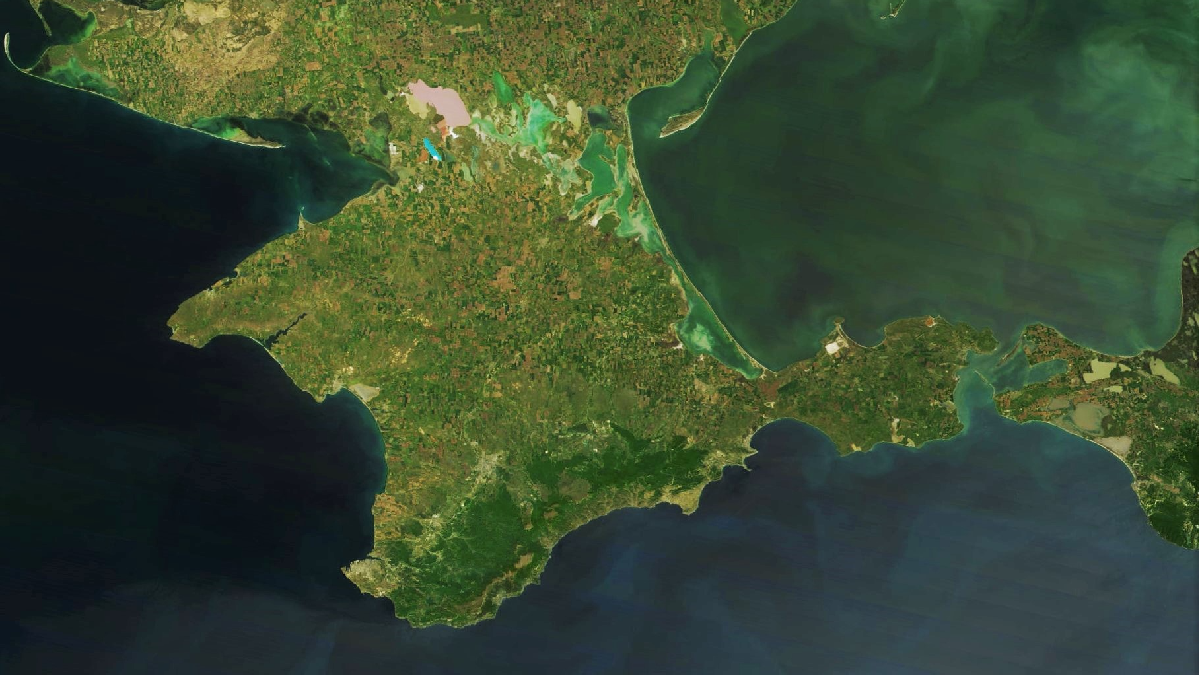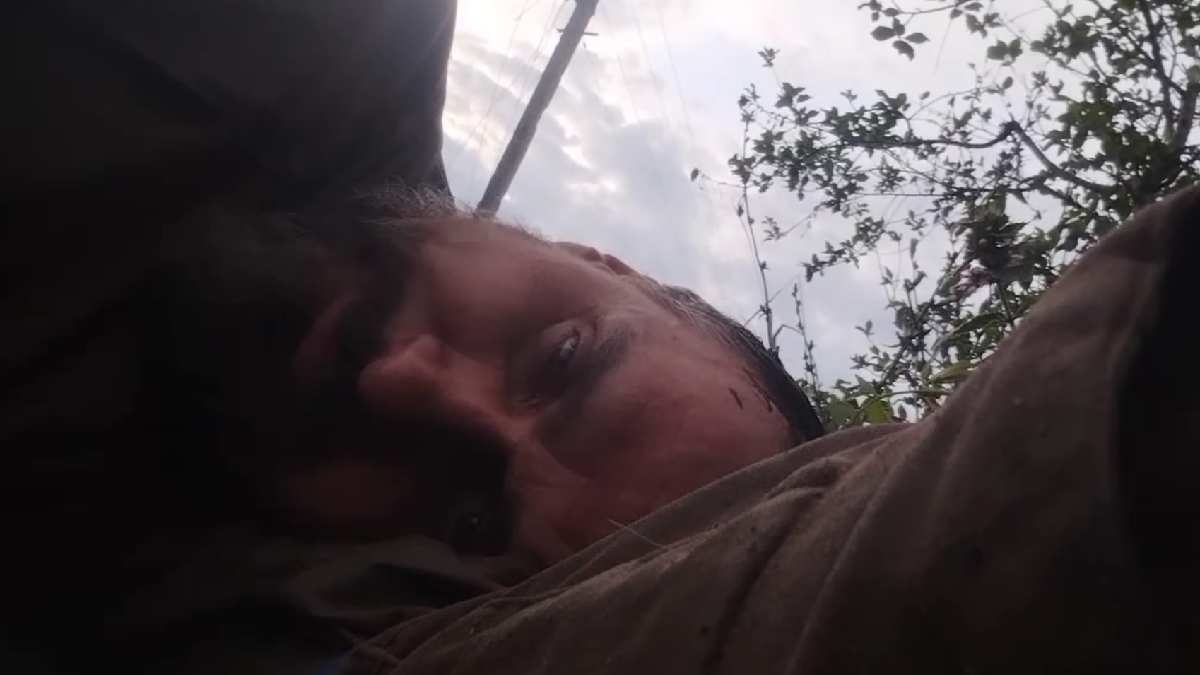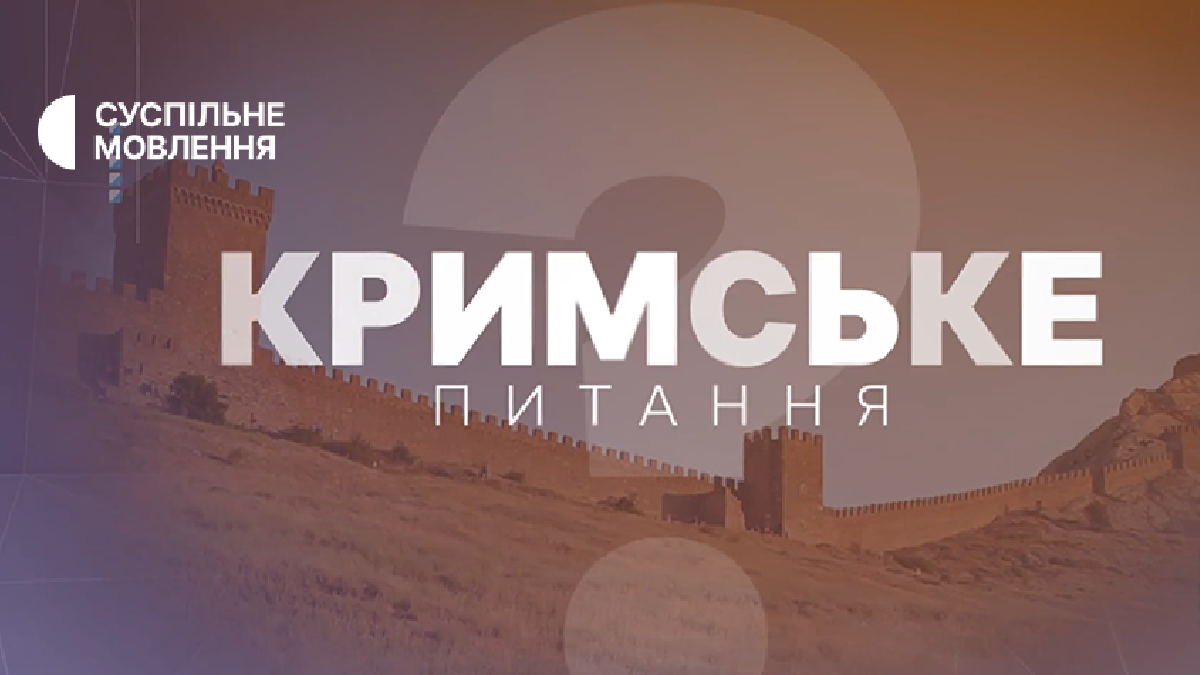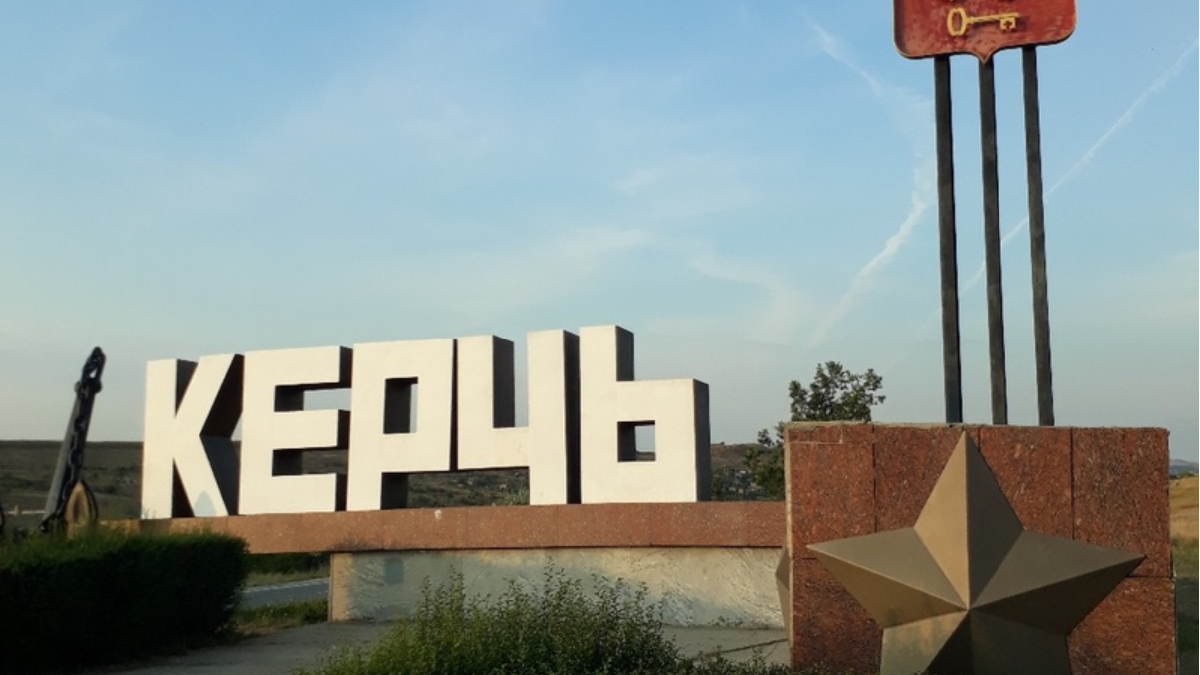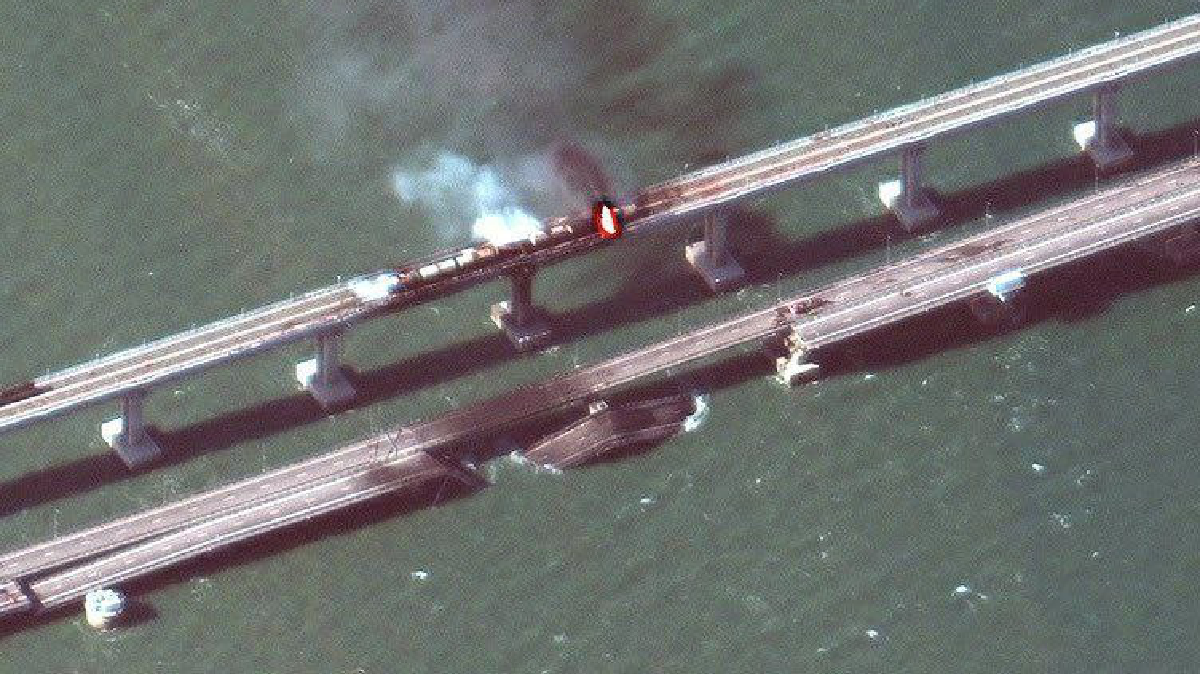The UN has submitted a new report on the human rights situation in Ukraine. The main theses about occupied Crimea
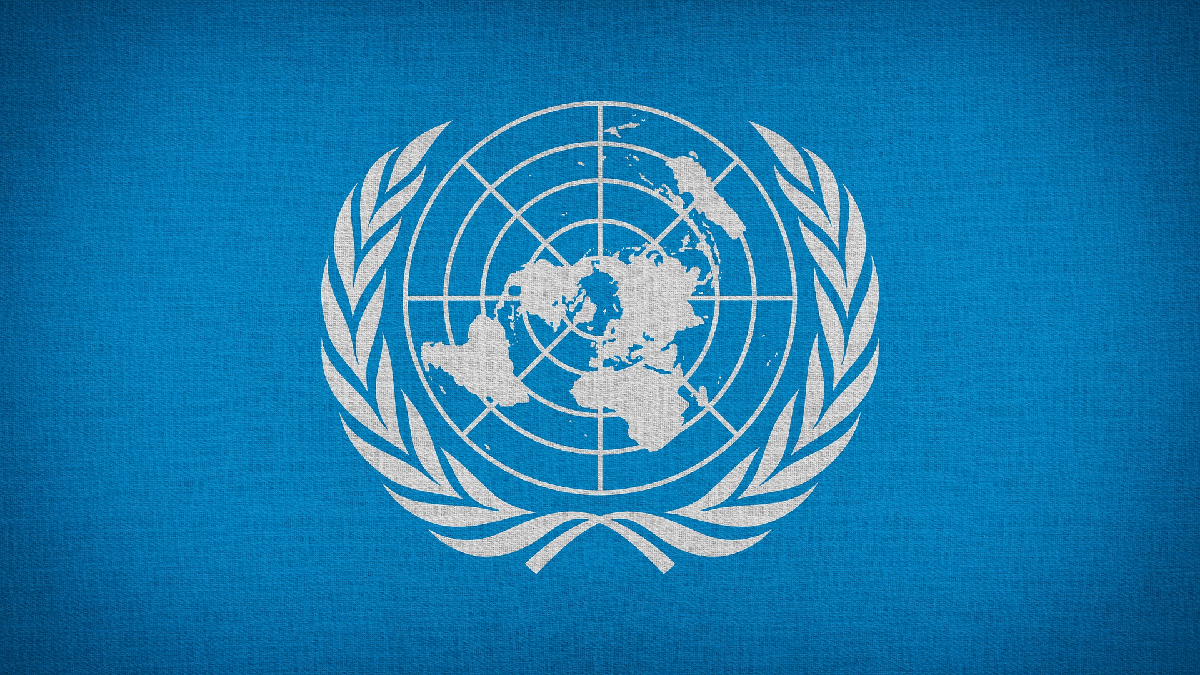
On September 23, the Office of the UN High Commissioner submitted a new report on the human rights situation in Ukraine in Kyiv. The report covers six months of monitoring in the period from February 1 to July 31, 2021.
The UN Monitoring Mission in Ukraine prepared the report.
Freedom of peaceful assembly
The report recalled Russia’s application of a comprehensive requirement to get prior permission for public gatherings in occupied Crimea.
OHCHR recorded arrests during protests by supporters of detained Russian opposition politician Alexei Navalny
“OHCHR documented the prosecution of 46 people (36 men and 10 women) for participating in the above protests. They were subject to sanctions such as fines, correctional labour, and detention for up to seven days", - the statement said.
The facts of a new criminal prosecution for participation in single pickets were also recorded.
On May 21, 2021, a “court” in Crimea found three Crimean Tatars guilty of participating in an unauthorized public meeting.
Each of these women held a single picket to support their sons, who were prosecuted in the Hizb ut-Tahrir case. One picket was interrupted by “police” who ordered the woman to go to the “police” station. Although all these women held pickets at different times and in different places, the court ruled that these pickets made up a single public meeting held under the guise of single pickets.
The “police” drew up reports on these women without their knowledge.
Written warnings from the “police” and “prosecutor’s office” to at least five Crimean Tatars on the eve of Crimean Tatar Flag Day, which is usually marked by commemorative gatherings, are also mentioned.
The right to liberty and security of a person
Three cases of torture and ill-treatment of Ukrainians in occupied Crimea (two men and a woman) had been documented. An example is the detention and torture of freelance journalist Vladislav Yesipenko, whom the occupiers suspect of illegal possession of explosives.
“Even though the victim recognized the alleged perpetrators, the “Investigative Committee of the Russian Federation” refused to launch a formal investigation into the torture. Although this refusal was revoked by the prosecutor’s office, as of July 31, 2021, the investigation has not yet been launched", - the report said.
The use of torture against Oleksiy Chirniy, who was imprisoned for seven years and released on May 7, 2021, is also described in detail.
“After he was arrested, in the premises of the FSB in Simferopol, masked men put a gas mask on his head and blocked air access. They also beat him, continued to strangle him, put a plastic bag on his head, and kept him awake. The torture forced the victim to “confess” and testify that he belonged to the “terrorist cell” of others", - the report said.
After his release, he was banned from entering Russia indefinitely, denying him the right to enter occupied Crimea, where his family still resides, which affects his right to family life.
Administration of justice and the right to a fair trial
On June 1, 2021, the occupation court sentenced the head of the Mejlis of the Crimean Tatar people, Refat Chubarov, the Speaker of the Mejlis, who lives in Kyiv, to six years in prison for organizing "mass riots" during a rally in front of the Crimean Parliament on February 26, 2014.
"In violation of the rule of law and international humanitarian law, the Russian authorities prosecuted Mr. Chubarov retroactively for actions that preceded the introduction of the legal framework of the Russian Federation on the peninsula. The victim complained that he had not been properly informed of the date and place of the "trial" and had not been summoned to court. The fairness of the trial against the accused was further undermined by the arbitrary removal of his lawyer, which could be tantamount to a violation of the right to self-defense counsel", - the report said.
During the reporting period, OHCHR documented three more in absentia prosecutions of Crimean Tatars living in mainland Ukraine and considered opponents of the occupying power in Crimea, in circumstances that "raise serious concerns about the defendants' right to a fair trial".
It is also about Mustafa Dzhemilev, who could not be present in the "court" because the occupiers banned him from entering Crimea until 2034.
Access to public services on the mainland of Ukraine
“OHCHR welcomes the abolition by the Parliament of Ukraine of the status of a non-resident for tax purposes for persons from Crimea. This status hurt persons whose passports have Crimean registration, and created obstacles to obtaining banking services on the mainland of Ukraine", - the organization notes.

